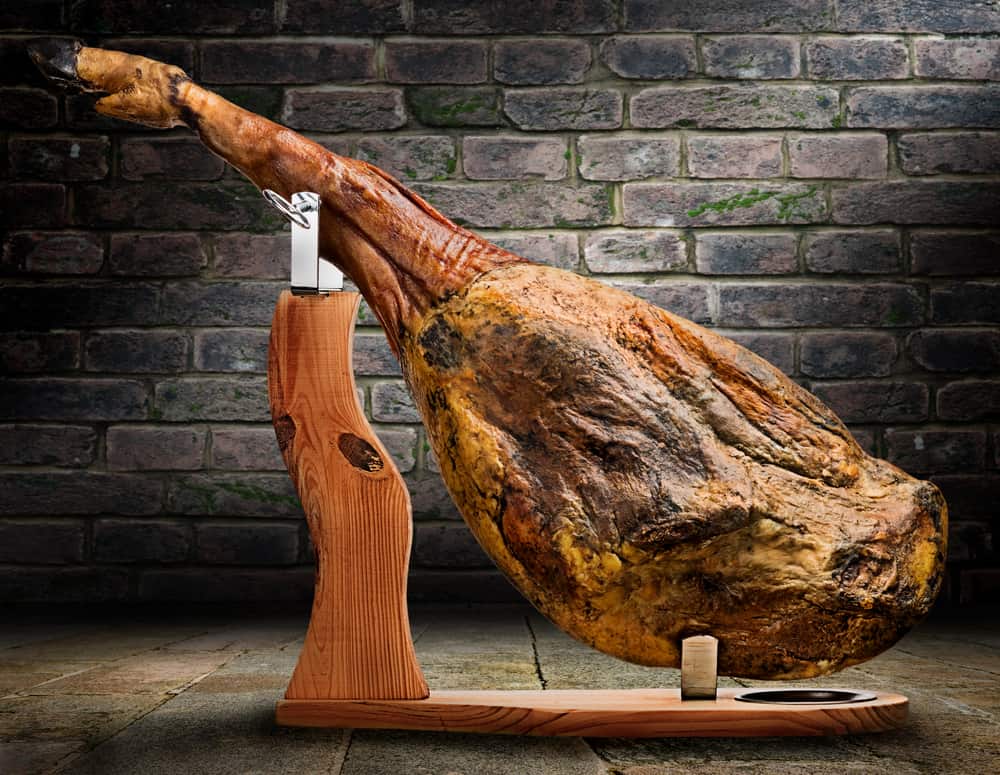
Growing a Pixie Cut Out? 7 Tips to Avoid the Awkward Phase

Growing a pixie cut out may be challenging would be understating the difficulty involved. But during the first few weeks or months after your short cut, assuming your stylist did a good job, it should be in prime shape, so use this time to get used to it and learn to appreciate your new look while the hair is in a fantastic spot. Pixie cuts have been popular among celebrities in recent years. Nonetheless, even their own short haircut will experience the awkward period that the rest of us do.
Therefore, we borrowed a leaf from their book and looked into how to maintain the short length of a pixie cut as it becomes longer. We sympathise with your discomfort; shortening your hair is a drastic step that might leave you pining for the days when it was longer. We have you covered with these professional-approved suggestions, whether you’ve chosen to join the extension bandwagon or you just want to experiment with new pixie cut style techniques.
Growing a Pixie Cut Out? – 8 Tips for Maintaining
There are measures you can take, such as getting regular haircuts and caring for your scalp, to speed up the process as you wait for your short hair to grow out. There’s a good chance that the advice from Jenna (Short N’ Chic director), who has worked with Hollywood’s A-list for a while, can help you out.
1. Treat Yourself With Deep Conditioning
At the very least, you should subject your tresses to a professional deep conditioning treatment once per week. The healthier your tresses are, the quicker (and longer) they will grow. Jenna McRoberts, the director of Short N’ Chic and an advocate for clean beauty, says that her go-to recipe for a DIY deep conditioner is melted raw shea butter, coconut oil, Jamaican castor oil (or argan oil for finer hair), rosemary oil, and tea tree oil. This recipe is recommended by Jenna McRoberts. You may learn more about how to create it by reading here.
2. Get Your Hair Healthy
Your hair’s health should be your primary priority, so give it some attention. This involves eating a lot of foods that are beneficial for the development of hair (such as healthy fats like nuts, avocado, and lots and lots of veggies). When it comes to your skin’s surface, you should begin regularly using a conditioning mask.
3. Use Supplements
While growing a pixie cut out, Taking supplements that have been shown to be effective in clinical studies, such as Nutrafol or Viviscal, may boost the rate at which hair grows and cause it to become thicker. Consult your primary care physician before starting to take any supplements.
Coconut oil used to hair not only aids in hydration and development, but also stimulates the production of oil from the scalp. Coconut oil is great for people with dry or curly hair, but it may be too heavy for those with fine hair that is prone to oiliness.
4. Get Your Short Crop Trimmed Regularly
If you want your short hair to last, you’ll need to get regular haircuts. Even if you’re aiming to lengthen your hair, Wood advises keeping up with regular cuts to maintain a manageable form and look. Jenna advised that, “while you’re growing it out,” you get a haircut every two to three weeks because else your hair would start to look quite round. It’s time to make an appointment at the spa.
Regular trims not only keep your style current but also remove split ends, which may slow down your hair’s development. Additionally, maintaining regular visits with your hairdresser can let you to discover a style that works with your existing features.
Pro Tip
According to Jenna, all that is necessary for a trim is to clean up the nape of the neck once every month until the top layers catch up to the bottom layers.
5. Have Patience
As hair grows at a rate of around half an inch every month, patience is essential. You might expect a different level of difficulty in the grow-out depending on your texture, says Jenna from Short N’ Chic. Naturally straight hair will have an easier time extending its length, but those with waves or curls will need to find a way to reduce the volume as they develop. A shag cut may be more appropriate during the first grow-out period, but a bob or longer layers may be achieved by simply cutting the length at the nape of the neck and giving the top layers a chance to catch up to the ends.
6. Massage Your Scalp Properly
“There’s no harm in trying anything that increases blood flow to the scalp,” adds Jenna. Make it a habit to massage your scalp vigorously to remove dead skin cells every time you wash your hair. As a result, the scalp is stimulated, leading to healthier hair growth. This scalp scrub contains micro-exfoliants that remove product buildup and give your scalp a thorough clean, since a healthy scalp is essential for healthy hair development.
7. Enjoy Experimenting With Your New Look
Styling hair in its growing-out period calls for ingenuity, persistence, and gentle care. We suggest spicing up your style with accessories, trying a middle part, or slicking your hair back as you wait for longer locks. Pastes, pomades, and sprays will be particularly useful during this time. Your appearance can be revitalised with a new hairdo, making you appear younger, healthier, and more energetic. You can look more stylish and up to date by changing your hairdo.
Experimenting with different haircuts might inspire you to think of new ways to express your personality and sense of style. A great method to experiment with different looks and find the one that suits you best is to try out various haircuts.
8. Avoid Heat As Much As Possible
if you are thinking of growing a pixie cut out, Avoid using hot styling equipment like curling irons and flat irons since they might harm your hair and impede its growth. Proteins make up hair, and heat exposure can cause these proteins to break down, causing damage and brittleness. Split ends, breakage, and lifeless-looking hair can all be consequences of this damage.
Moreover, heat can deplete hair’s natural oils, leaving it dry, brittle, and vulnerable to breaking. Moreover, this dryness may cause a flaky, itchy scalp and general discomfort. The outermost covering of the hair shaft, the cuticle, may open up as a result of high temperatures, which may result in moisture loss and additional harm. This can eventually lead to fragile, frizzy hair that is challenging to manage and style.
Jenna suggests using a curl product like A Curl Can Dream ($24) to tame volume and frizz and define curls if you’re rocking your natural waves or curls.
Conclusion
Many people choose to keep their hair short because they don’t want to deal with the hair-growth phase (or never cut it in the first place). The battle may be hard, and the road to mermaid hair may be long, but if you follow our tips, the transition will be easy (we promise). Don’t miss out on the newest wavy short hair styles by following Short N’ Chic on Instagram and signing up for our newsletter for similar content. Keep slaying, ladies!
Related Articles:














